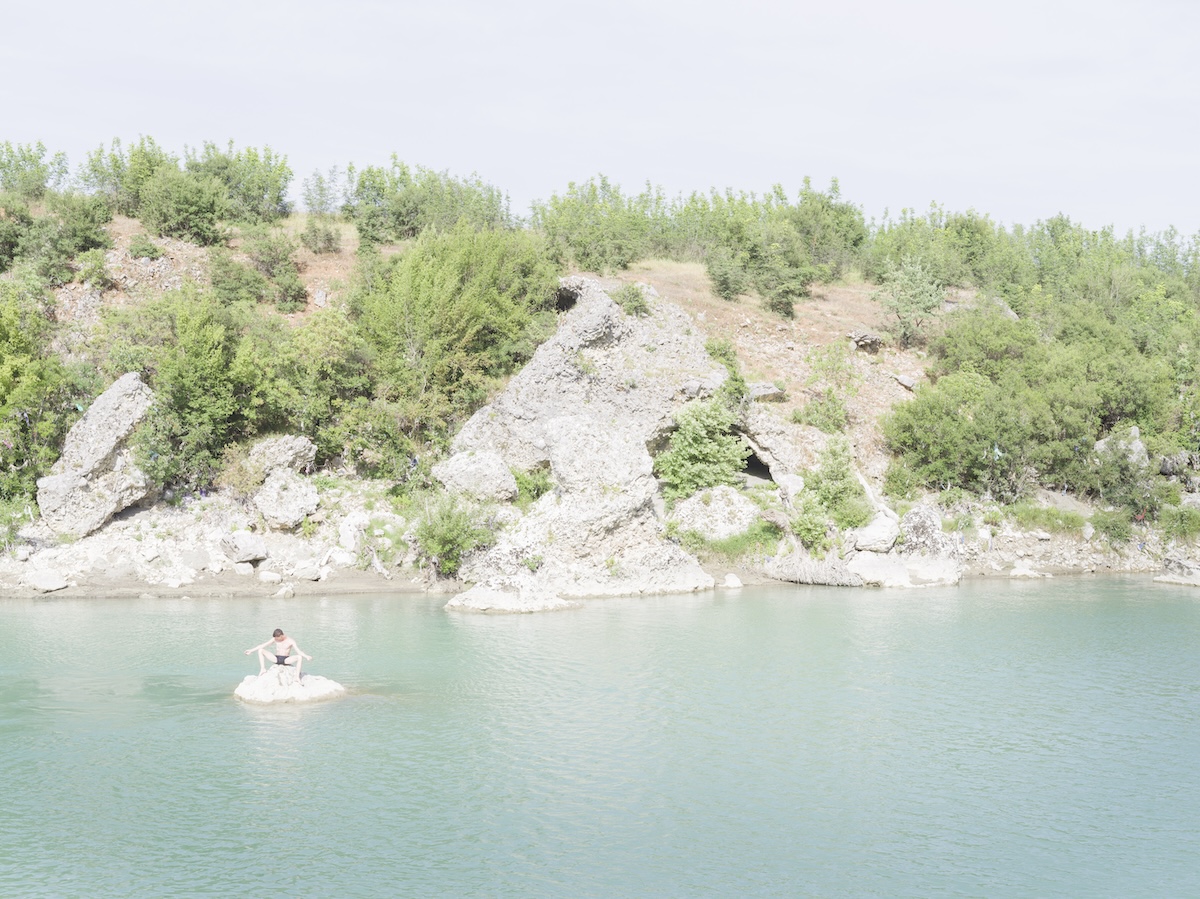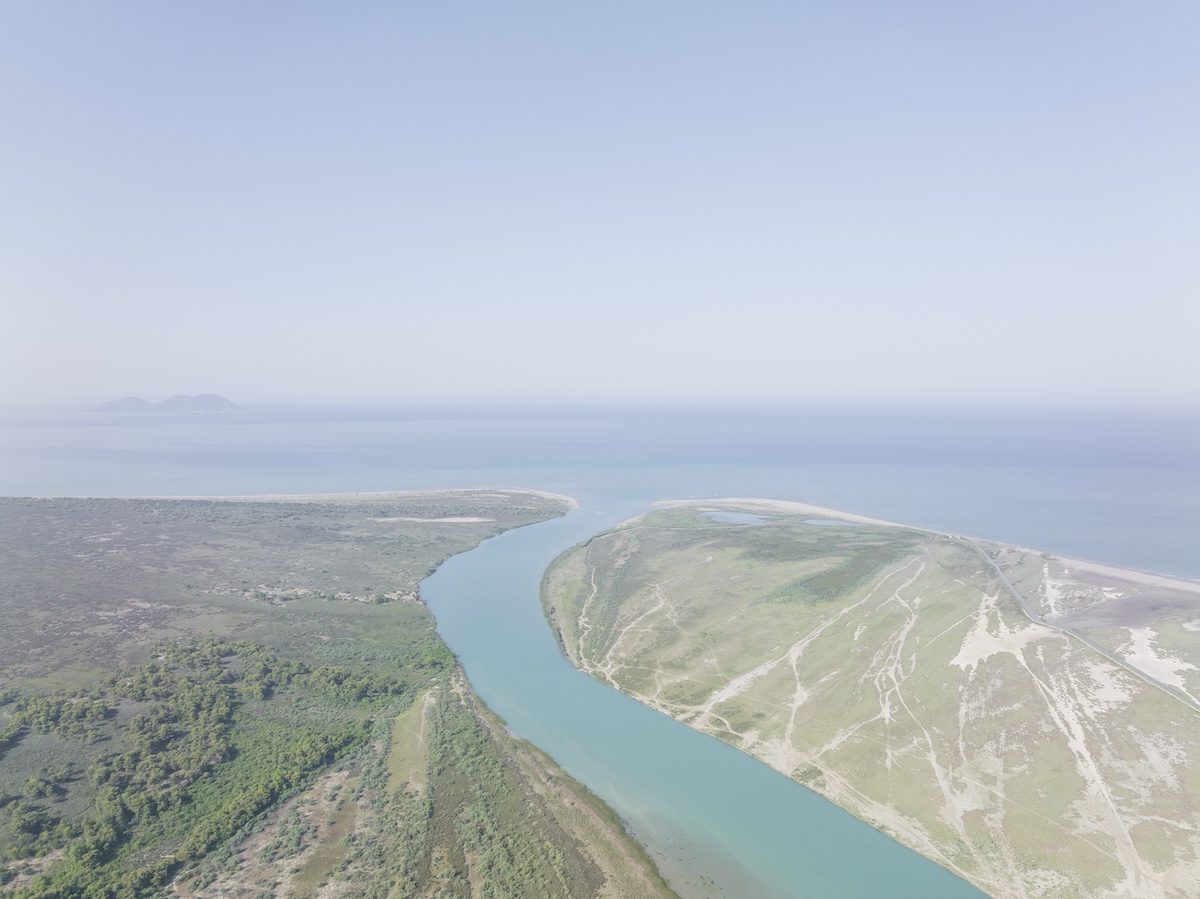VJOSË
© SchirraGiraldi (Manuela Schirra and Fabrizio Giraldi)The Vjosa is Europe’s last ‘wild river’ and one of the best in the world. It was declared a national park on March 13, 2023. It flows from Greece through Albania to the Adriatic Sea, it has no dams or power stations along its 270km length. The Vjosa and its surroundings are rich in biodiversity, home to more than 1,000 species, including 13 animal species and 2 plant species assessed as globally threatened. The new park covers 12,700 hectares, it includes the river itself, the four tributaries and the surrounding land. It will protect the river and provide a “forever home” for the local people to continue their traditional way of living.
In June 2022, after ten years of work by NGOs and local communities, the government’s official commitment to establish a river park to protect the river and its rich network of tributaries. It is the first wild river national park in Europe. The Vjosa shows us how rivers looked like in Europe before the Anthropocene. It is a role model for restoring other rivers in the continent.
This river is the last chance in Europe to preserve unique ecosystems and the communities and the symbiotic and natural way in which they live with the river system. In vlachs language Vjosë means “at the lowest level near to the river”, and therefore the name includes within itself its surroundings and refers to that variable of shape and space which depends on the level of the water.
The Vjosa Park is today an opportunity to define a model (also economic) unique in the world for the protection of wild areas which are in effect not only a heritage but also, above all, a necessity for the whole world. At the 2022 UN Biodiversity Conference COP15, UN member states agreed to a target to protect 30% of the world’s land and seas by 2030.
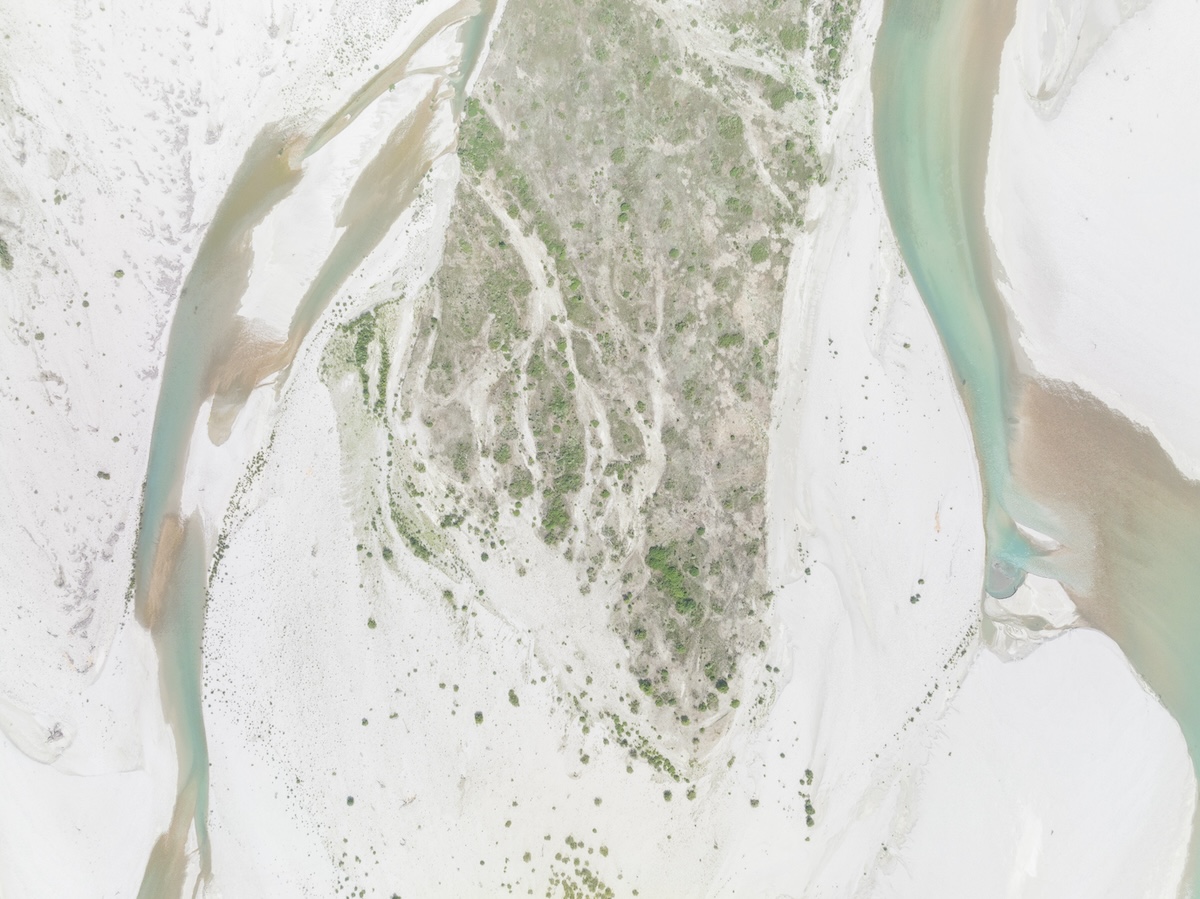
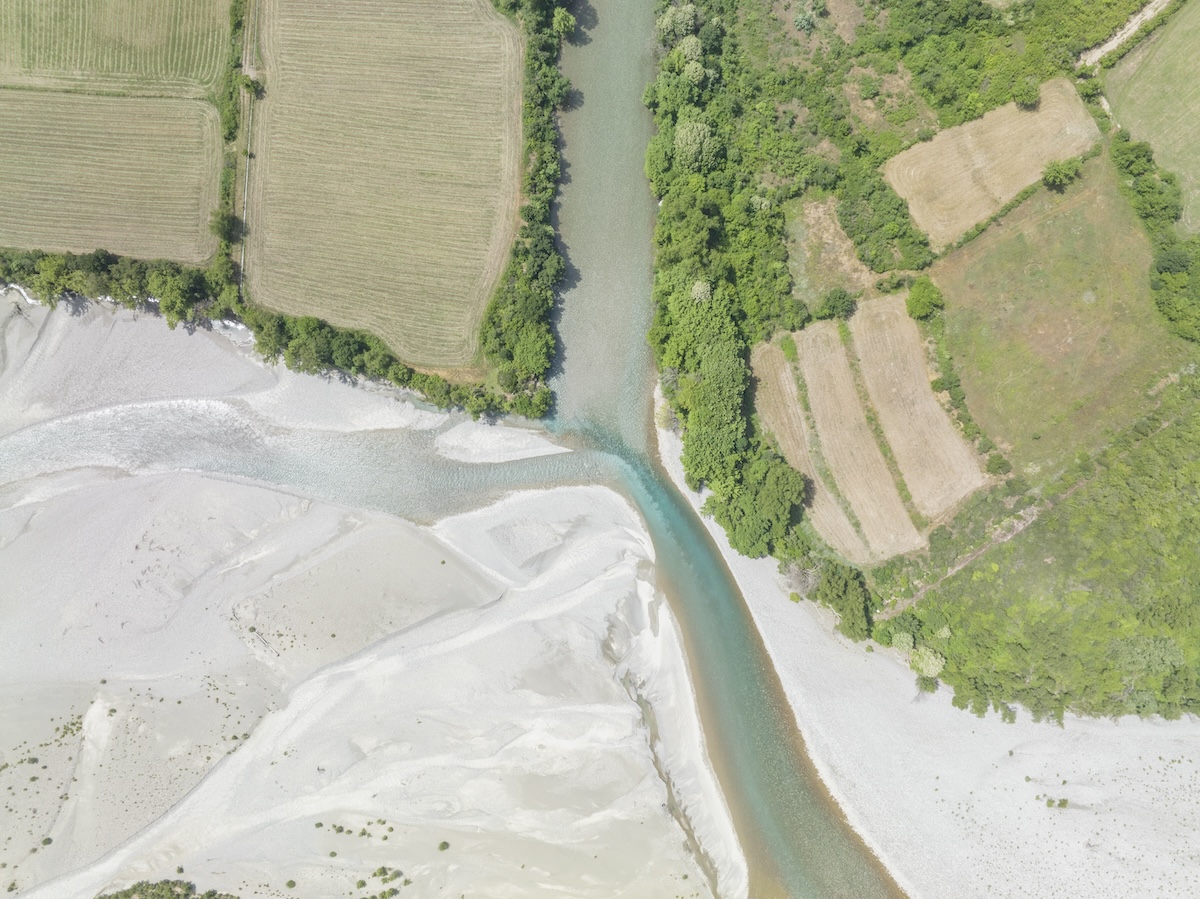
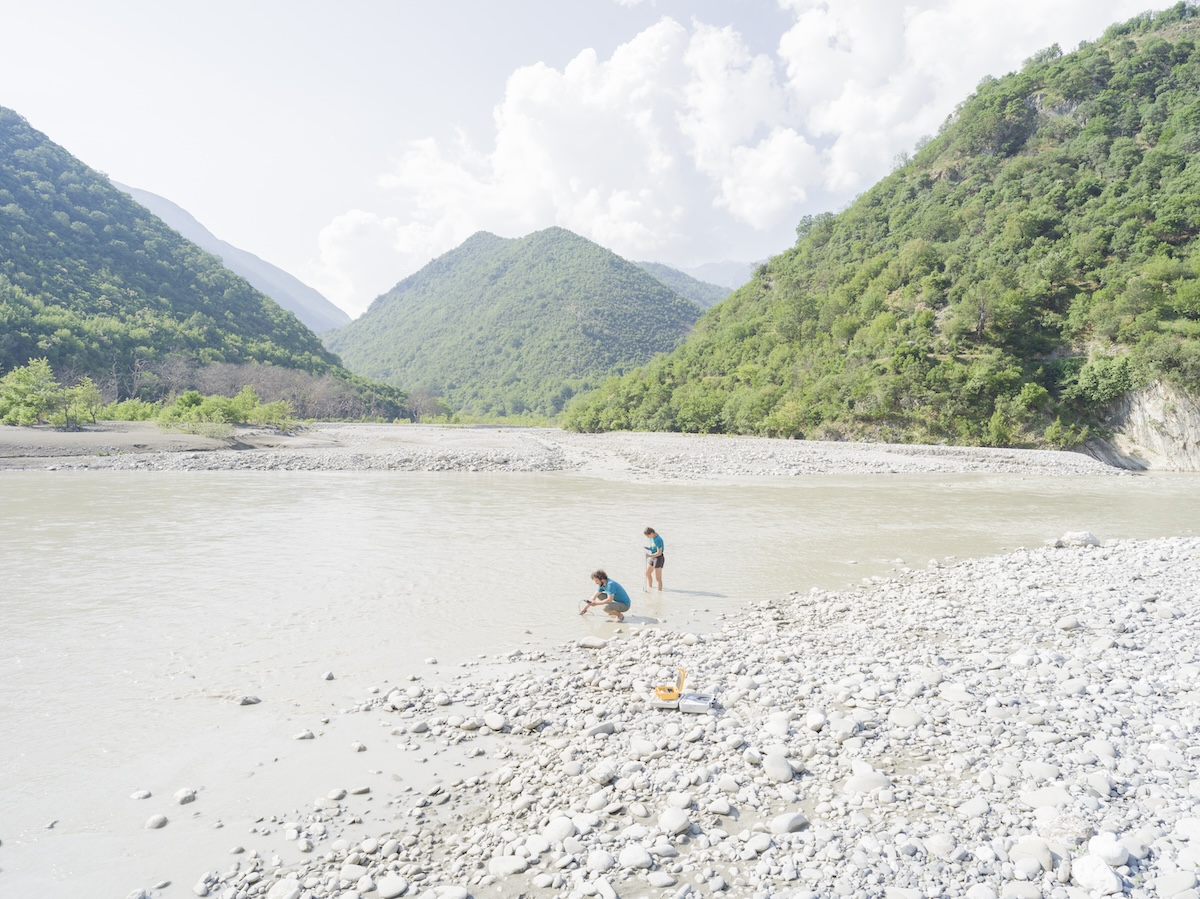





Since November 2023 the Greek part of the Vjosa, that in Greece is called Aoos, has also been fully protected. The negotiations began with the establishment of the river park in Albania.
VJOSË is a story without borders, like the others relating to the Balkan rivers where the NGOs worked in coordination since more than twenti years and of the Vjosa has become now the symbol.
On February 27, 2024 was approved the EU Nature restoration law. It aims to restore at least 20% of the EU’s land and sea areas by 2030. Within this wider goal, countries need to restore 30% of habitats covered by the new law (including forests, rivers and wetlands) that are already degraded by 2030. This increases to 60% by 2040 and at least 90% by 2050. Today 80% of the habitats in the European Union are degraded.
click to view all the images in the story
